The Michigan legislature has given further guidance to individuals and businesses interested in obtaining a license for or participating in a new marijuana business. Public Act 3 of 2019, signed into law in April 2019, has clarified the confusion over who is considered an “Applicant” for application disclosure purposes on MMFLA applications submitted after the beginning of 2019.
Only “applicants,” as defined by Michigan’s Medical Marijuana Facilities Licensing Act (MMFLA), must provide disclosures to the state in an application for a state marijuana operating license. Who is considered an “Applicant”, and therefore must submit to the application process, is in large part dependent on the type of business entity that will hold the medical marijuana license and the extent that a person will have an ability to control or participate in the management of the licensed entity.
A person who could control and direct the affairs of or make policy concerning a marijuana licensee is a manager for purposes of application disclosure. People who merely carry out the policies of marijuana licensees are not considered “Applicants” regardless of their title. In other words, a person with the job title of “manager” or “supervisor” who does not have the ability to make policy or control the affairs of a marijuana licensee is not considered to be an Applicant for disclosure purposes.
Following is how Public Act 3 defines “Applicant” in some common entity types available for licensure in Michigan:
Individual or Sole Proprietorship
- The proprietor and spouse.
Corporations – Private & Public
- Corporate officers and their spouses;
- Persons with equivalent titles to corporate officers and their spouses;
- Directors and their spouses; and
- Stockholders holding a direct or indirect ownership interest greater than 10% and their spouses.
Limited Liability Corporations
- All members with a direct or indirect ownership interest of greater than 10% and their spouses;
- All managers with a direct or indirect ownership interest of greater than 10% and their spouses;
- All members with a direct or indirect ownership interest of 10% or less who exercise control over or participate in the management of the company and their spouses; and
- All managers with a direct or indirect ownership interest of 10% or less who exercise control over or participate in the management of the company and their spouses.
Partnerships & Limited Liability Partnerships
- All partners and their spouses;
- All general partners and their spouses;
- All limited partners with a direct or indirect ownership interest of greater than 10% and their spouses; and
- All limited partners with a direct or indirect ownership interest of 10% or less who exercise control over or participate in the management of the partnership and their spouses.
Multilevel Enterprise
- Any entity that receives or has the right to receive more than 10% of the gross or net profit from the enterprise during any full or partial calendar or fiscal year.
- Any person that receives or has the right to receive more than 10% of the gross or net profit from the enterprise during any full or partial calendar or fiscal year.
Nonprofit Corporation
- All entities with membership or shareholder rights in accordance with the articles of incorporation or the bylaws and their spouses.
- All individuals with membership or shareholder rights in accordance with the articles of incorporation or the bylaws and their spouses.
It is important to accurately determine whether a person exercises control over or participates in the management of a marijuana entity. This determination guides whether an application is required for disclosure purposes. Strong standard operating procedures (SOPs) and other clearly written marijuana operational policies protect employees and investors from becoming unintended applicants.
Foley, Baron, Metzger & Juip offers comprehensive assistance to those seeking licensure under the Marihuana Facilities Licensing Act, as well as compliance with local medical marihuana regulations. We also advise clients on related matters, including business formation, land use, environmental compliance, facilities siting and related issues. Contact attorneys Richard Baron or Daniel Cortez for more information at 734.742.1800.
May 2019
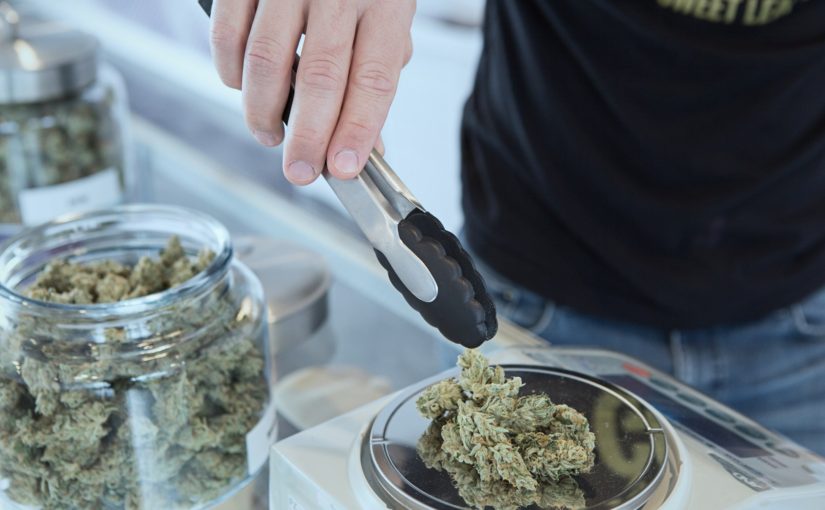
State Clarifies “Applicants” for Marijuana Licensure
The Michigan legislature has given further guidance to individuals and businesses interested in obtaining a license for or participating in a new marijuana business. Public Act 3 of 2019, signed into law in April 2019, has clarified the confusion over who is considered an “Applicant” for application disclosure purposes on
May 2019

Supreme Court Declines to Hear RLUIPA Matter
The Supreme Court of the United States of America (SCOTUS) declined this week to hear an Ohio case that alleged violations of the Religious Land Use and Institutionalized Persons Act, or RLUIPA. That the Supreme Court decided not to hear an appeal from the Sixth Circuit Court of Appeals keeps
May 2019
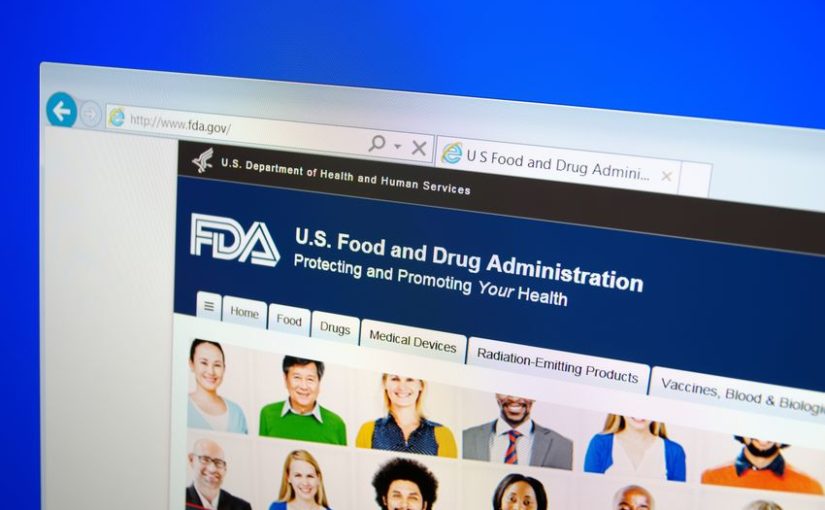
New Steps to Advance FDA’s Evaluation of CBD
The Food and Drug Administration (FDA) is moving forward with evaluating ways to allow cannabis and cannabis-derived products like cannabidiol (CBD) into foods, beverages, and dietary supplements. A public hearing will be held on May 31, 2019 at its White Oak Campus in Silver Spring, Maryland to discuss ways to
April 2019

Nicholas J. Tatro Joins Foley, Baron, Metzger & Juip, PLLC as a Senior Associate
Foley, Baron, Metzger & Juip, PLLC (FBMJ) is pleased to announce that Nicholas J. Tatro has joined the firm as a Senior Associate. Clyde M. Metzger, Managing Member, made the announcement. Nick’s practice focuses on environmental, toxic tort, mass tort and products liability litigation, permitting and compliance with environmental regulations, and
April 2019
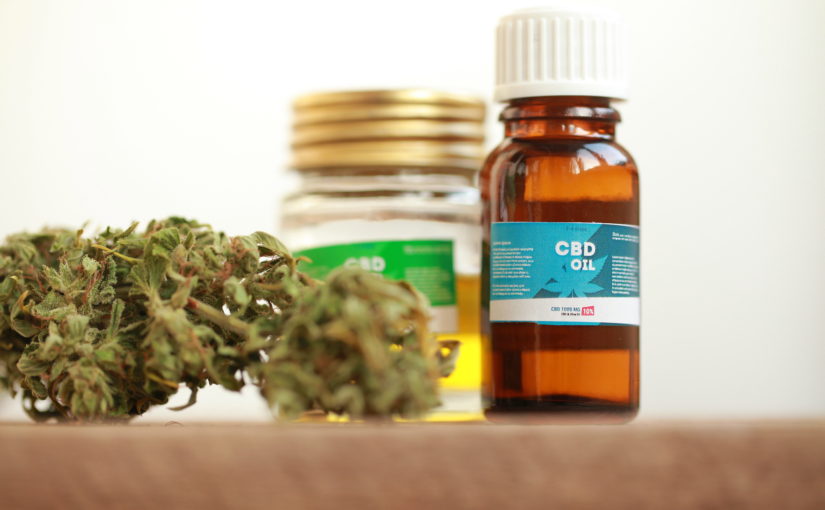
Cannabidiol & Cosmetics – Changing Federal & State Regulations
Based on recent enforcement actions and rule changes at the state and federal levels, the focus on cannabidiol (CBD), the non-psychoactive component of both hemp and marijuana, as an additive to consumer products is on consumable products such as foods, beverages, and dietary supplements rather than topical products such as
March 2019
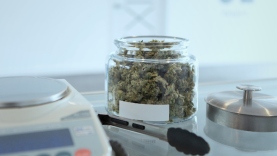
Governor Moves to Abolish Marihuana Board, Form New Approval Agency
The Bureau of Marihuana Regulation (BMR), including its board that votes on whether to approve licensees under the Marihuana Facilities Licensing Act (MFLA), will be abolished by an executive order Gov. Gretchen Whitmer signed March 1. In its place the Marijuana Regulatory Agency will process applications. The executive order will
March 2019

What You Need to Know to get Licensed to Operate a Medical Marihuana Business in Michigan
It has been just over one year since the state of Michigan implemented comprehensive medical marihuana regulation. The need for such regulation only increased with November 2018 voter approval of recreational marihuana (cannabis). These two developments have caused a predictable outcome: Many investors, entrepreneurs and marihuana-enthusiasts want to become licensed
February 2019
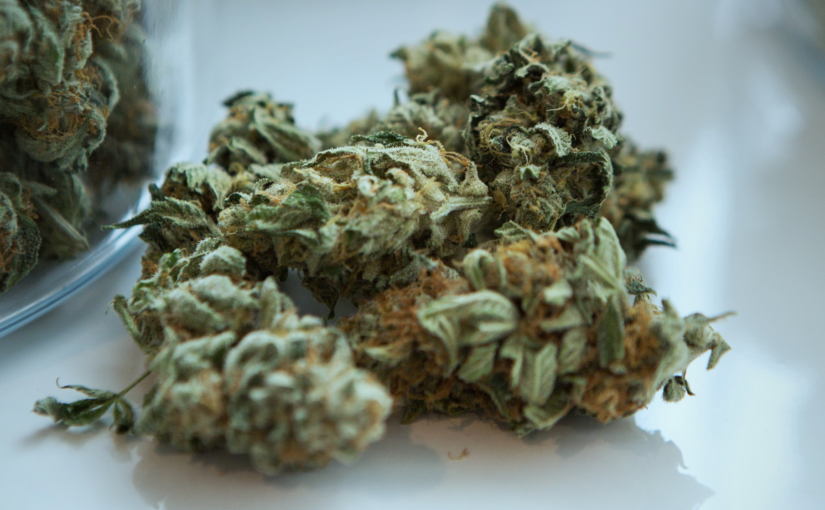
State Allows Provisioning Center to Reopen, Sell Untested Marijuana
There were four recalls of marijuana in January 2019 while more than 70 unlicensed provisioning centers were permitted to reopen as the state continues to struggle to find a balance of making marijuana available to those with a medical need and to ensure all provisioning centers that dispense such marijuana
February 2019

2019 Michigan Non-Economic Damages Caps
On January 18, 2019, the State of Michigan Department of Treasury announced the 2019 Non-Economic Damages Caps for medical malpractice claims. Michigan has placed these limitations on the total amount of damages for non-economic loss that are recoverable in a medical malpractice action since 1993. The limitations are enacted by
January 2019

Brian Whitelaw Joins Foley, Baron, Metzger & Juip as a Partner
Foley, Baron, Metzger & Juip, PLLC (FBMJ) is pleased to announce that Brian Whitelaw has joined the firm as a partner. For over 35-years, Whitelaw has defended health care entities and professionals in malpractice litigation throughout the State of Michigan. Clyde Metzger, Managing Member, made the announcement. Whitelaw, who has had

